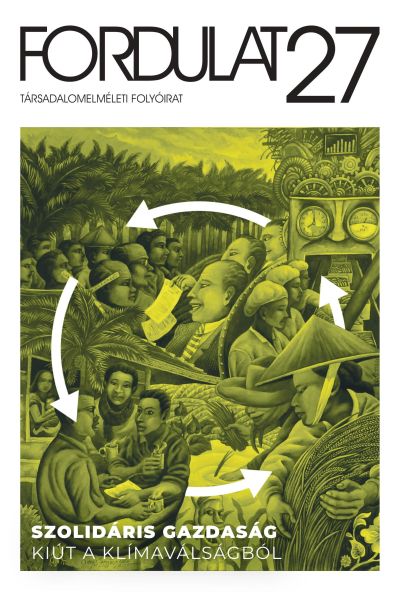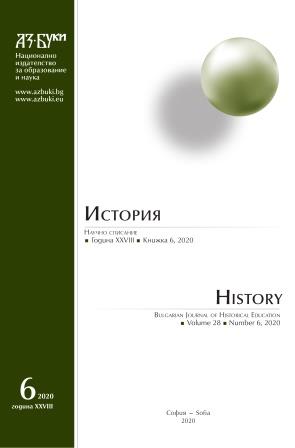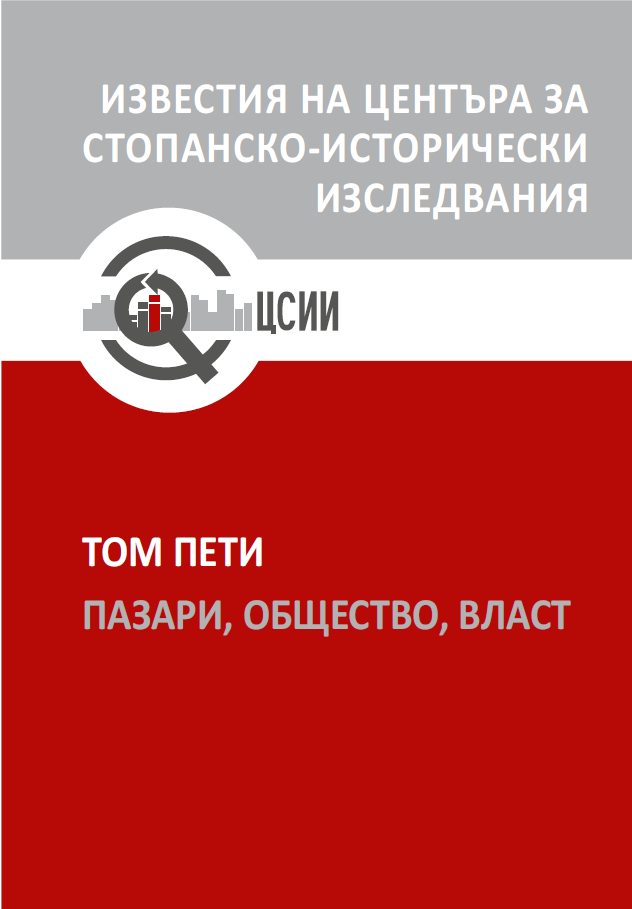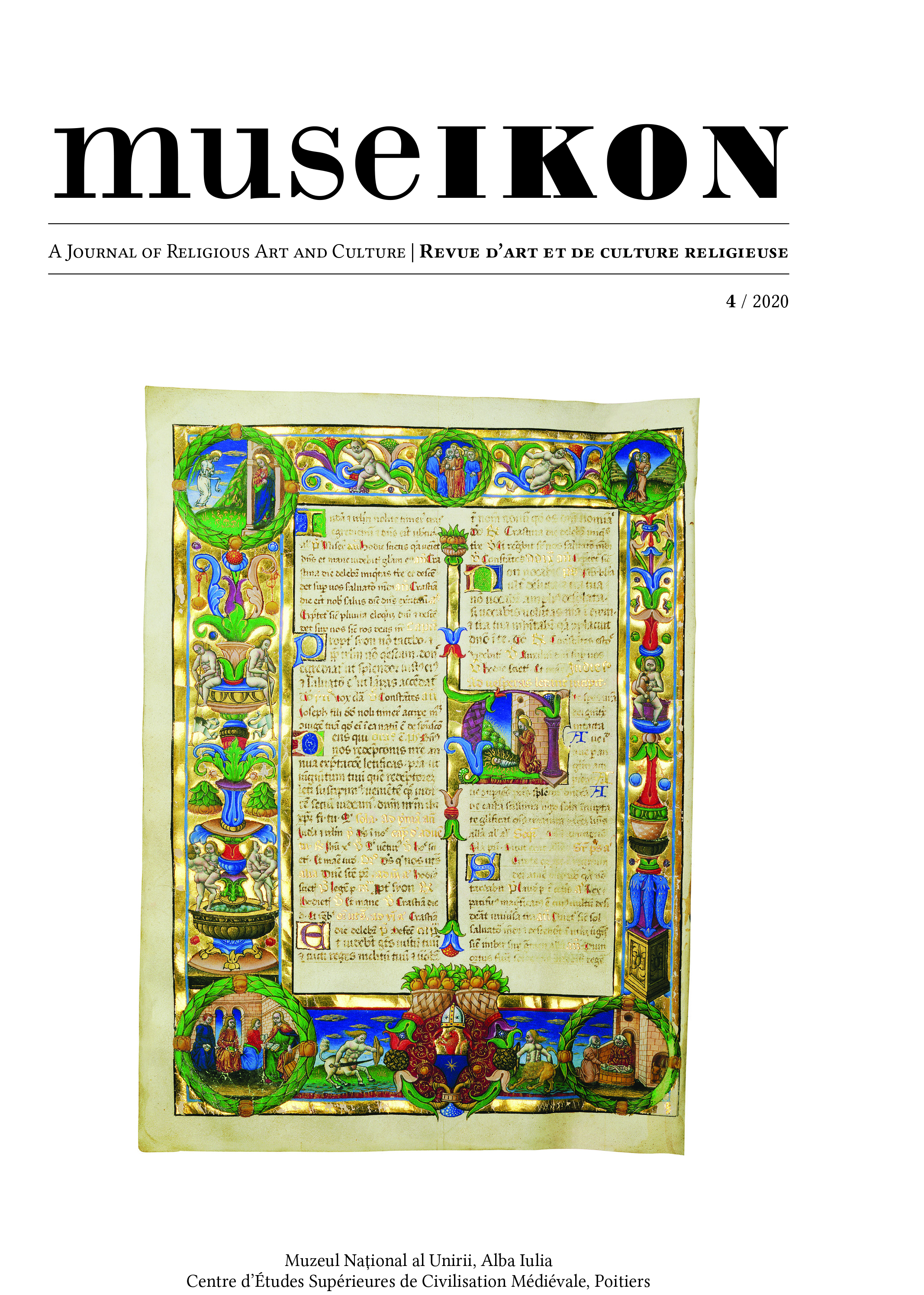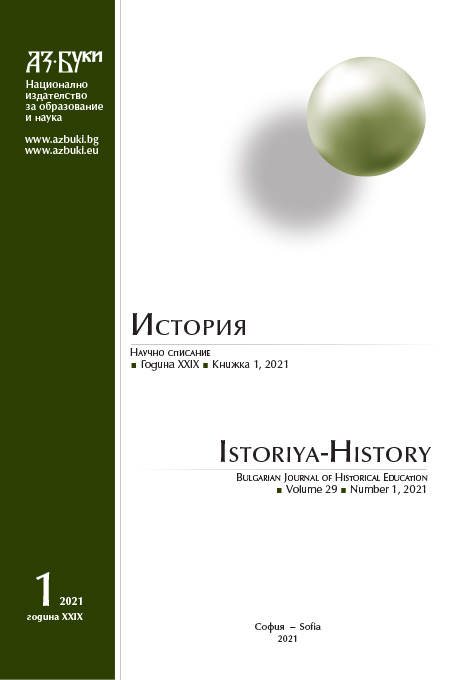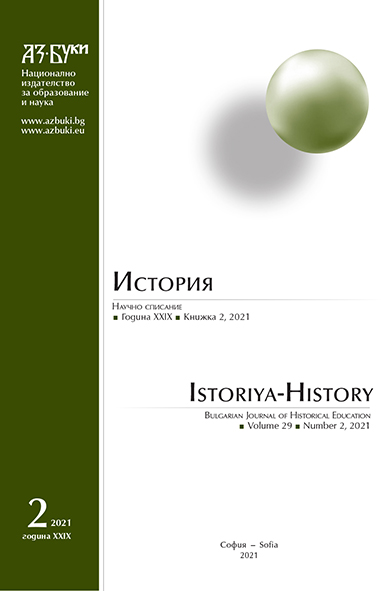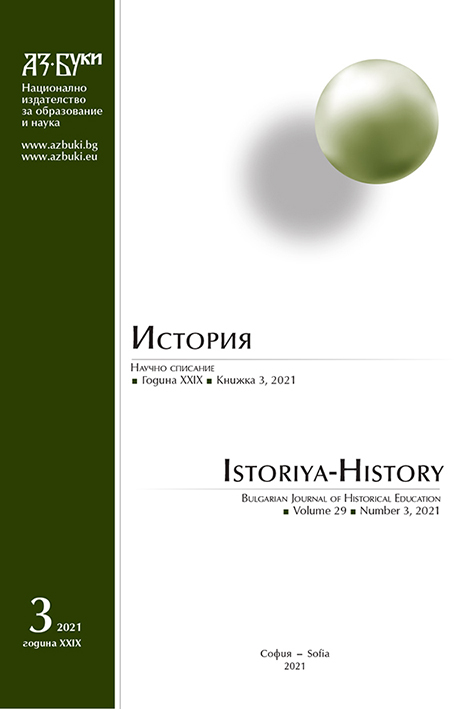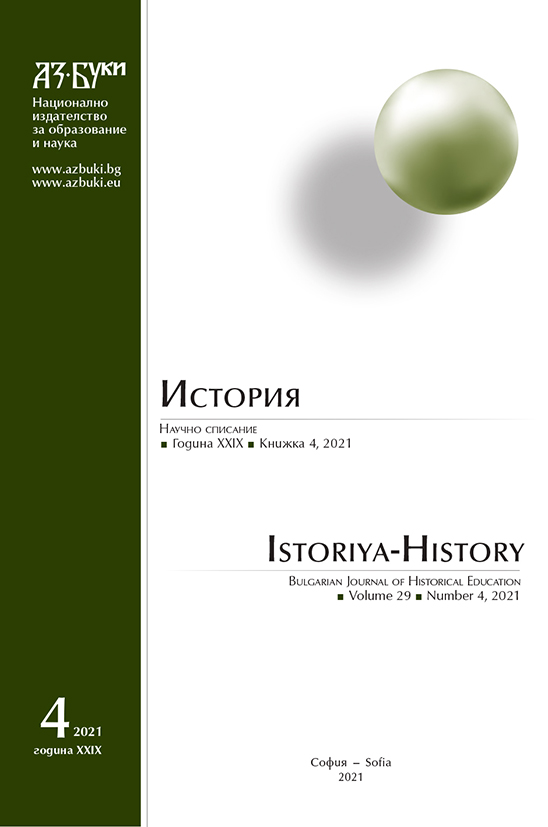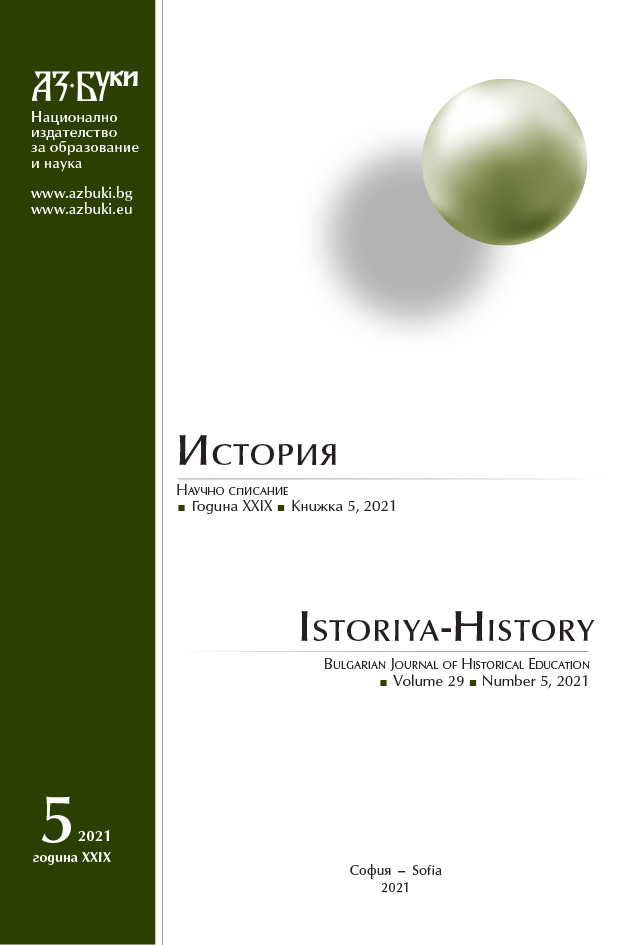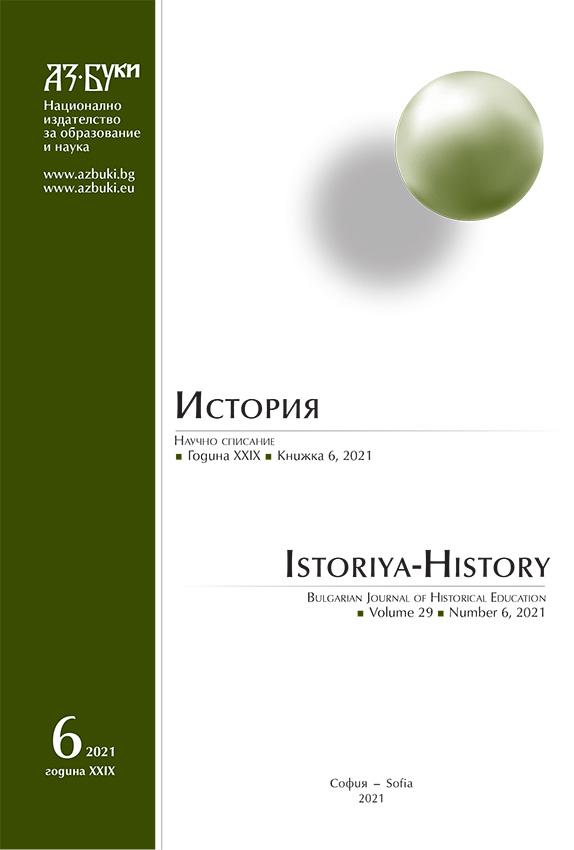Author(s): Ivan Roussev / Language(s): Bulgarian
Issue: 1/2020
The article presents arguments in support of the claim that there was a process of integration on the Bulgarian national market even before the Liberation of1878 and that this process was more and more noticeable in the 1840s, 1850s, 1860s, and 1870s. The research methodology is based on data from the business history of the Bulgarian Revival, including my own explorations on the emergence of commercial companies as a manifestation of commercial modernity in the Bulgarian economic area during the era as well as on the trade networks established by them. The two largest companies, “Evlogiy and Hristo Georgievi” and “Hristo P. Tapchileshtov”, stand out as de facto legitimizers of the Bulgarian national market in the 1850s, 1860s, and 1870s. They represent two important Bulgarian national economic institutions, a state before the state in the economic sphere. Other larger or not so large commercial companies and the trade networks established by them also contributed to the process of integration of the Bulgarian national market: “ Robevi Brothers”, “Geshovi Brothers”, “Komsievi Brothers”, “Karaminkovi Brothers”, “Papazoglu Brothers”, “N. Minchoolu & E. Selveli and friends ”,“Stancho Arnaudov and son”,“Georgi Hadjidraganov”, “The Commercial Company in Kotel” and others. The article provides summary information about these companies, about their trade networks in the Bulgarian lands and abroad, about the movements of their capital, etc. The article compares the similar national processes in the economic and political development of Austria-Hungary and the Ottoman Empire in the nineteenth century. According to a study published in 2012 (Schulze & Wolf, 2012), in late nineteenth-century Austria-Hungary there was an asymmetric intra-imperial integration, which led to the emergence of national markets within the various ethnolinguistic communities of the country. The same process took place in the Ottoman Empire earlier, already in the first half and the middle of the same century, under specific conditions facilitating the integration of separate national markets, including the formation of the Bulgarian market. In the third quarter of the nineteenth century, the Bulgarian Revival elite – economic, cultural, and political – gradually developed the idea of a Bulgarian national market and initiated some original projects with in this market. Another approach in studying the topic is also possible – tracking and comparing the movement of prices of major types of goods in smaller or larger areas of the Balkans and the Ottoman Empire, including the Bulgarian ethnic territory during this period. There is no doubt that serious future efforts on the part of a wider circle of researchers are needed, but this cannot happen if the discussion is not opened, if the topic of the emergence of the Bulgarian national market has not been drawn to attention. This article aims to provoke the interest of researchers on the topic.
More...
